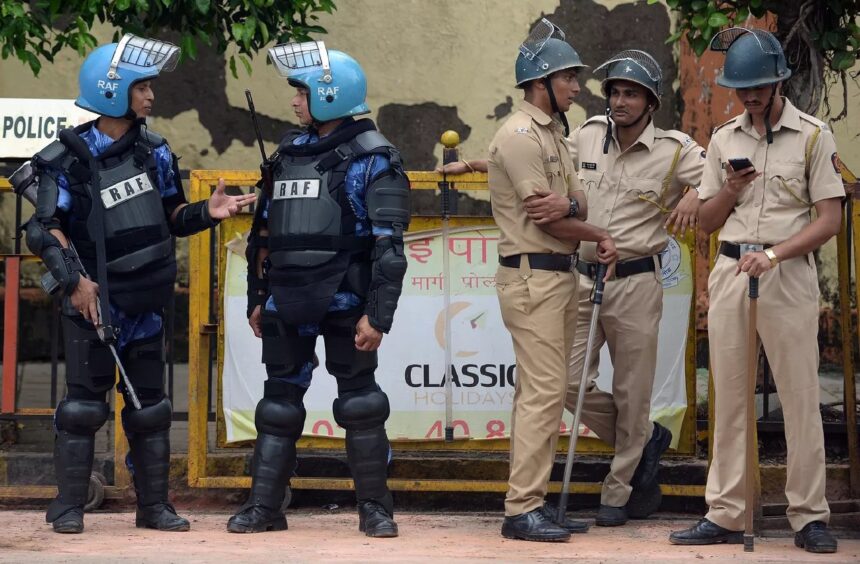RASC News Agency: In a significant blow to transnational narcotics and terrorism financing, Indian security authorities have uncovered a vast drug trafficking operation intricately linked to extremist groups. Nearly 2,988 kilograms of heroin believed to have originated in Afghanistan were intercepted at Mundra Port, Gujarat, in what officials are calling the largest narcotics seizure in the country’s history. Intelligence assessments confirm that the proceeds were intended to fund operations of the terrorist group Lashkar-e-Taiba. According to a statement by India’s National Investigation Agency (NIA), the operation was publicly disclosed on Wednesday, April 23. Officials emphasized that the trafficking network’s primary purpose was to generate financial support for terrorist entities operating across South and Central Asia. Investigators revealed that the substantial profits from the heroin sales were funneled directly into Lashkar-e-Taiba’s militant infrastructure. This operation reinforces long-standing warnings from regional analysts regarding the convergence of narcotics trafficking and terrorism financing. Detailed reports indicate the heroin was shipped via Iran’s Bandar Abbas port and subsequently transported to India, disguised as shipments of unprocessed stone and coal, accompanied by falsified customs documentation. The cargo ultimately arrived at Mundra Port, where it was intercepted by Indian authorities.
Further insight into the trafficking network emerged from a protected witness, who disclosed that Latif Rather a slain member of the ‘Resistance’ wing of Lashkar-e-Taiba formerly active in Pakistan had coordinated with traffickers in Afghanistan and Pakistan to funnel drug revenues into weapons procurement for militant factions. This testimony has provided investigators with unprecedented visibility into the operational and financial linkages between regional terrorist groups and narcotics syndicates. The investigation has also been marred by a suspicious death. A retired customs officer, identified as a key witness in the case, was found dead under unclear circumstances shortly after agreeing to assist authorities. Indian officials have launched a parallel inquiry into the incident, amid growing concerns that this may have been an attempt to silence critical testimony and obstruct justice.
Authorities have since confirmed that at least six additional shipments, similar in nature and volume, had previously passed through the same smuggling channels. Twelve individuals, spanning multiple nationalities including from Iran, Pakistan, Afghanistan, and the UAE are currently under investigation for their roles in the transnational operation. As the investigation broadens, Indian officials have called upon neighboring states to intensify security cooperation, stressing the urgent need for a united front against drug trafficking and terrorism. This case, one of the most complex and high-stakes security investigations in recent regional history, continues to unfold, with further revelations expected. India’s decisive action reflects its unwavering commitment to national security and its broader strategy to combat the twin scourges of terrorism and narcotics trafficking. The case also highlights an emerging global consensus: that international cooperation is essential to dismantle the increasingly intertwined networks of organized crime and violent extremism.






